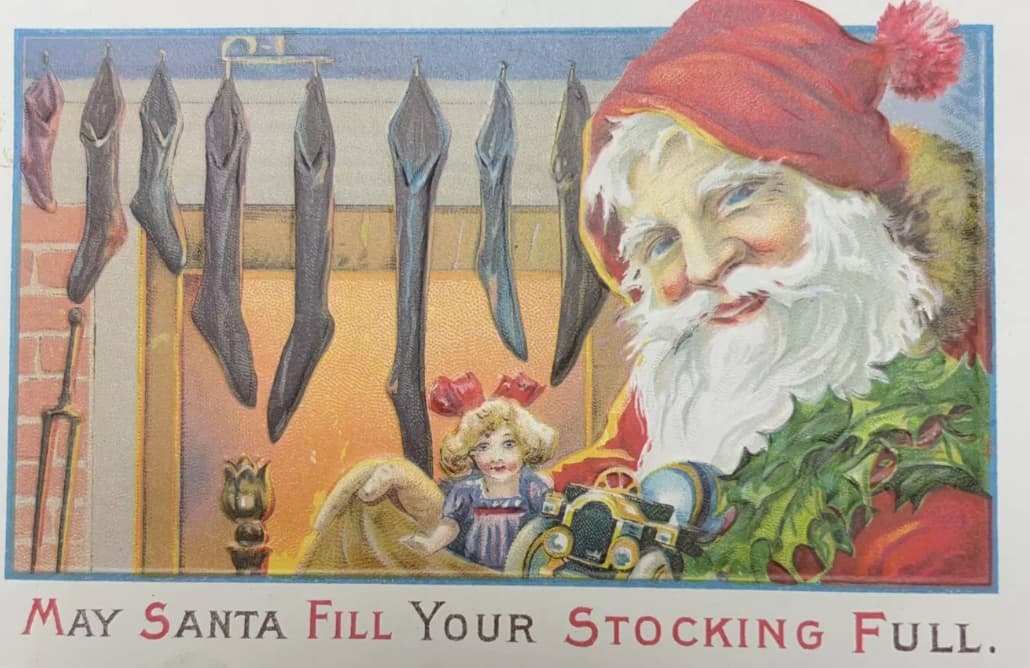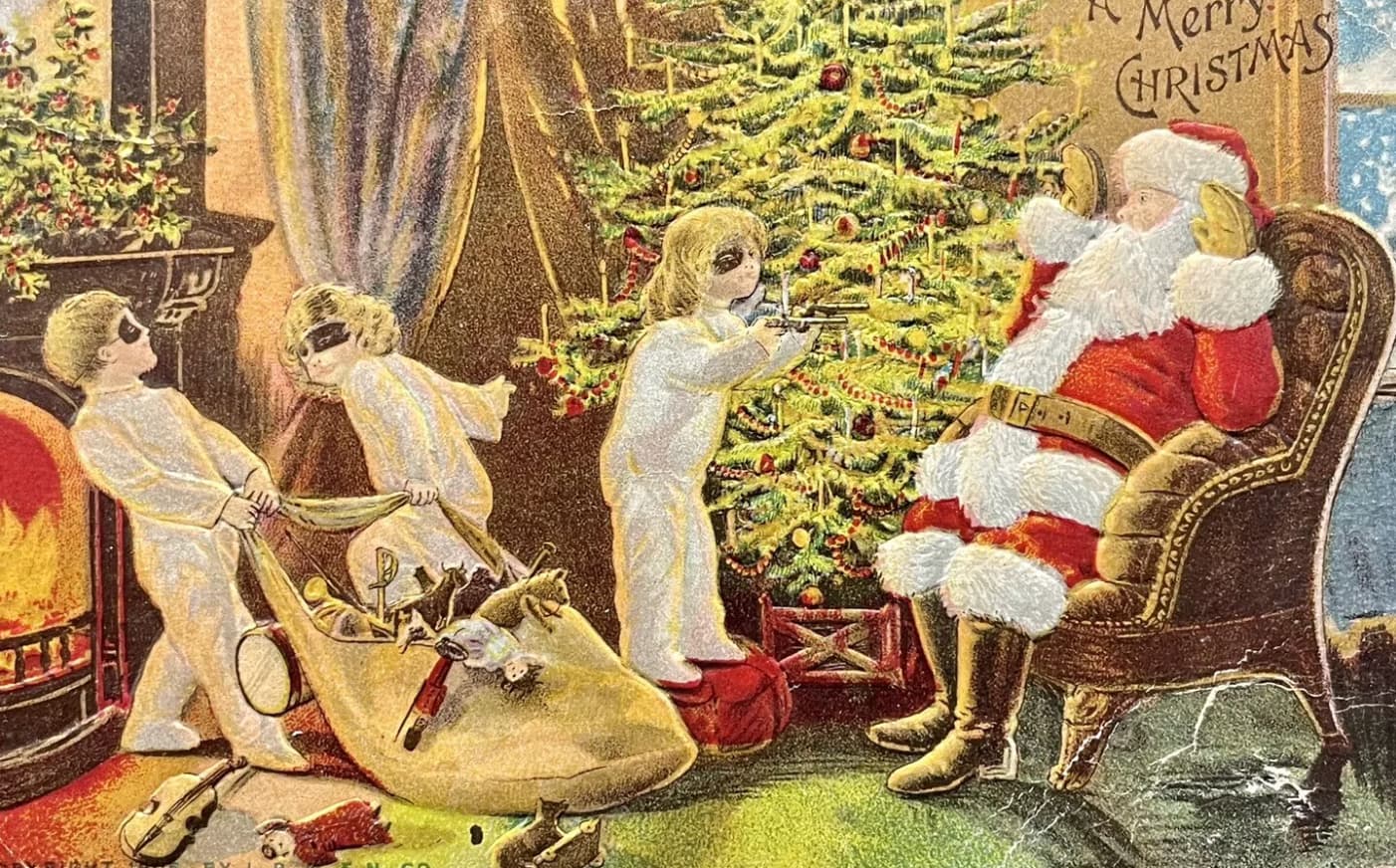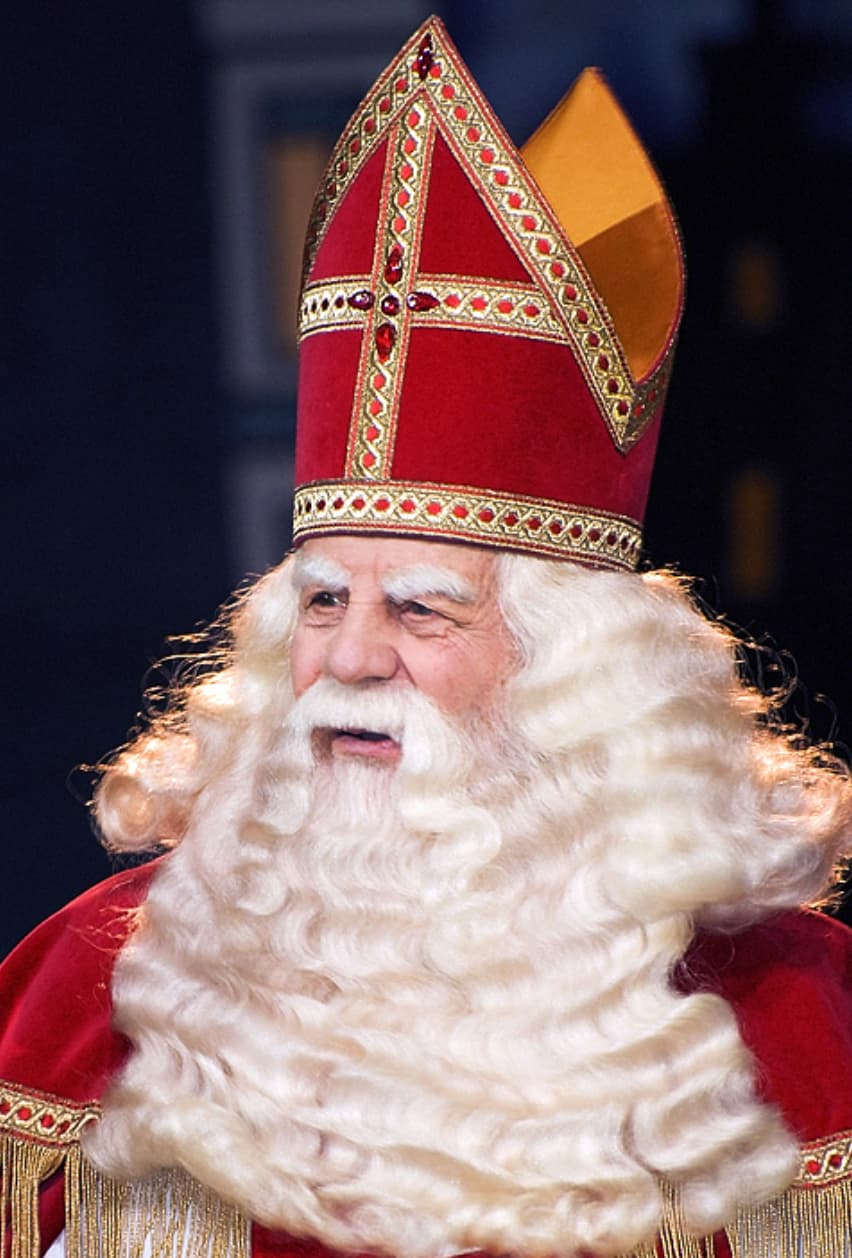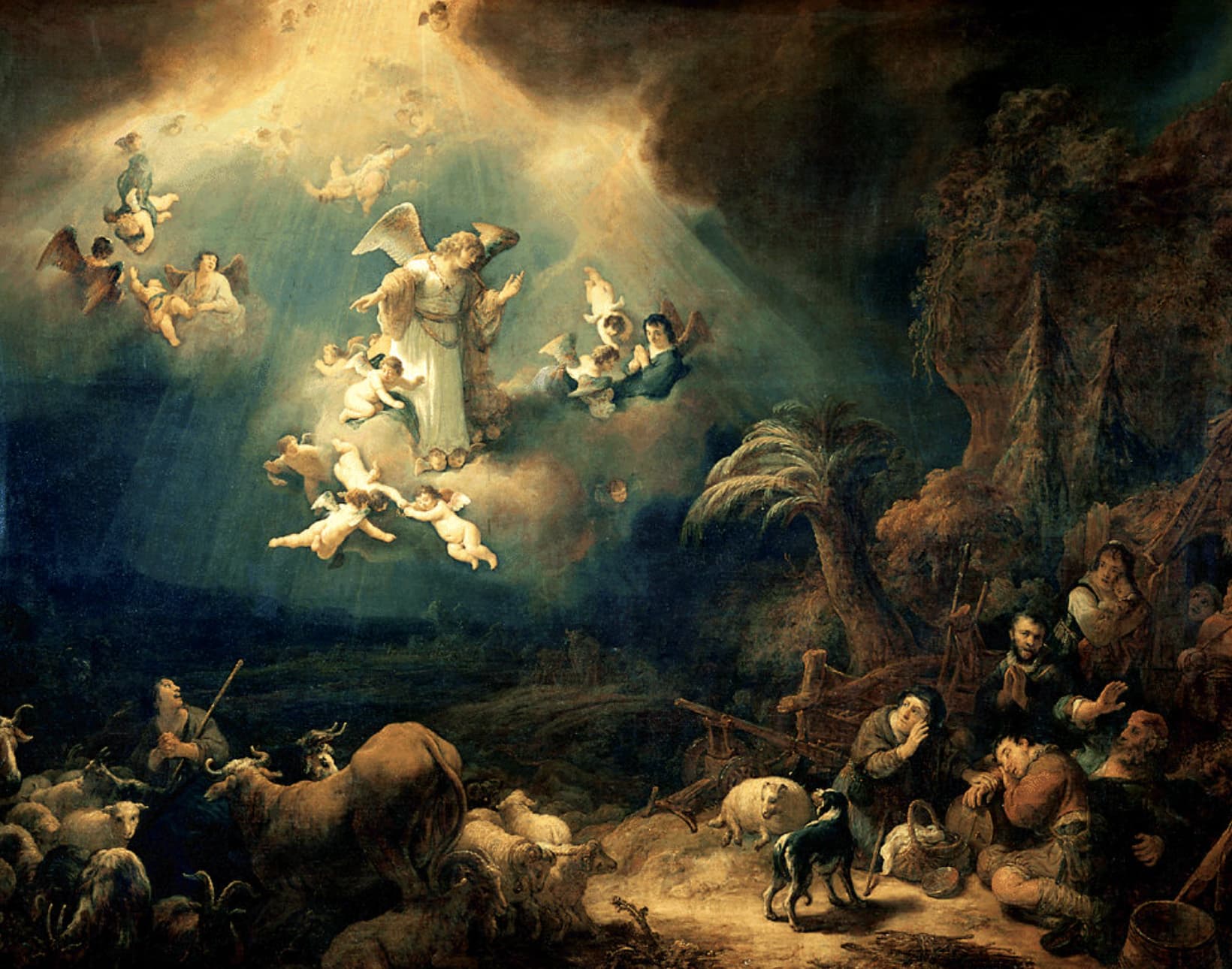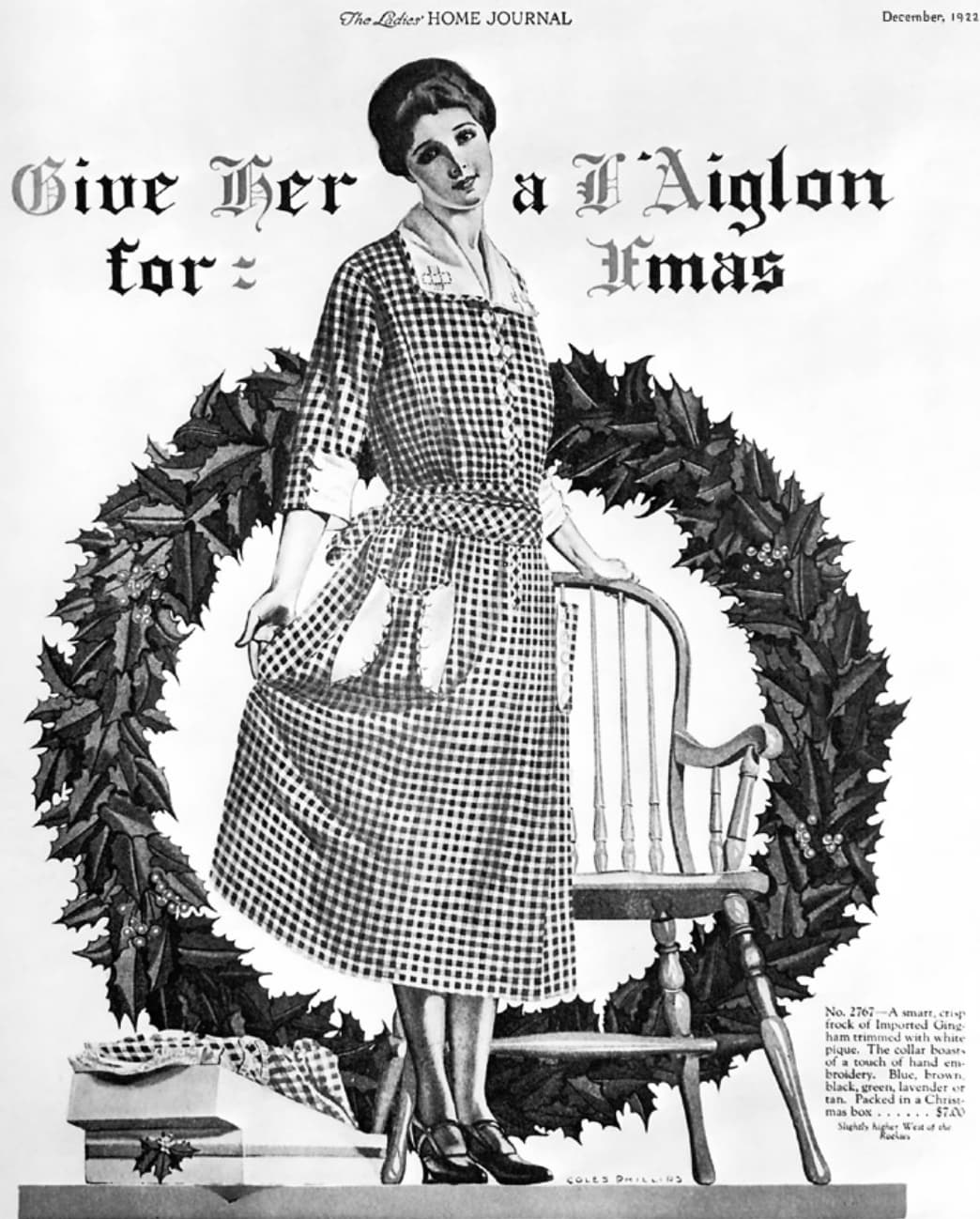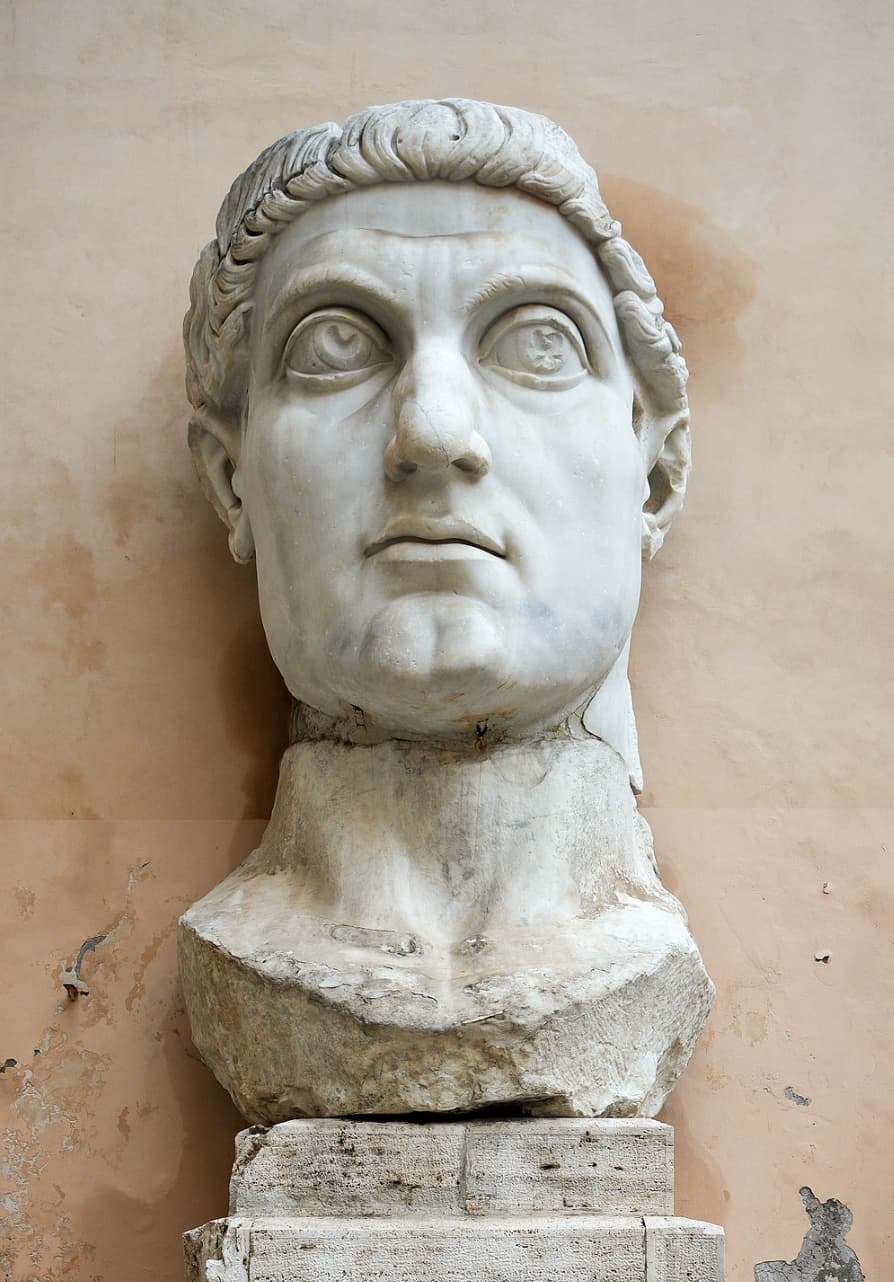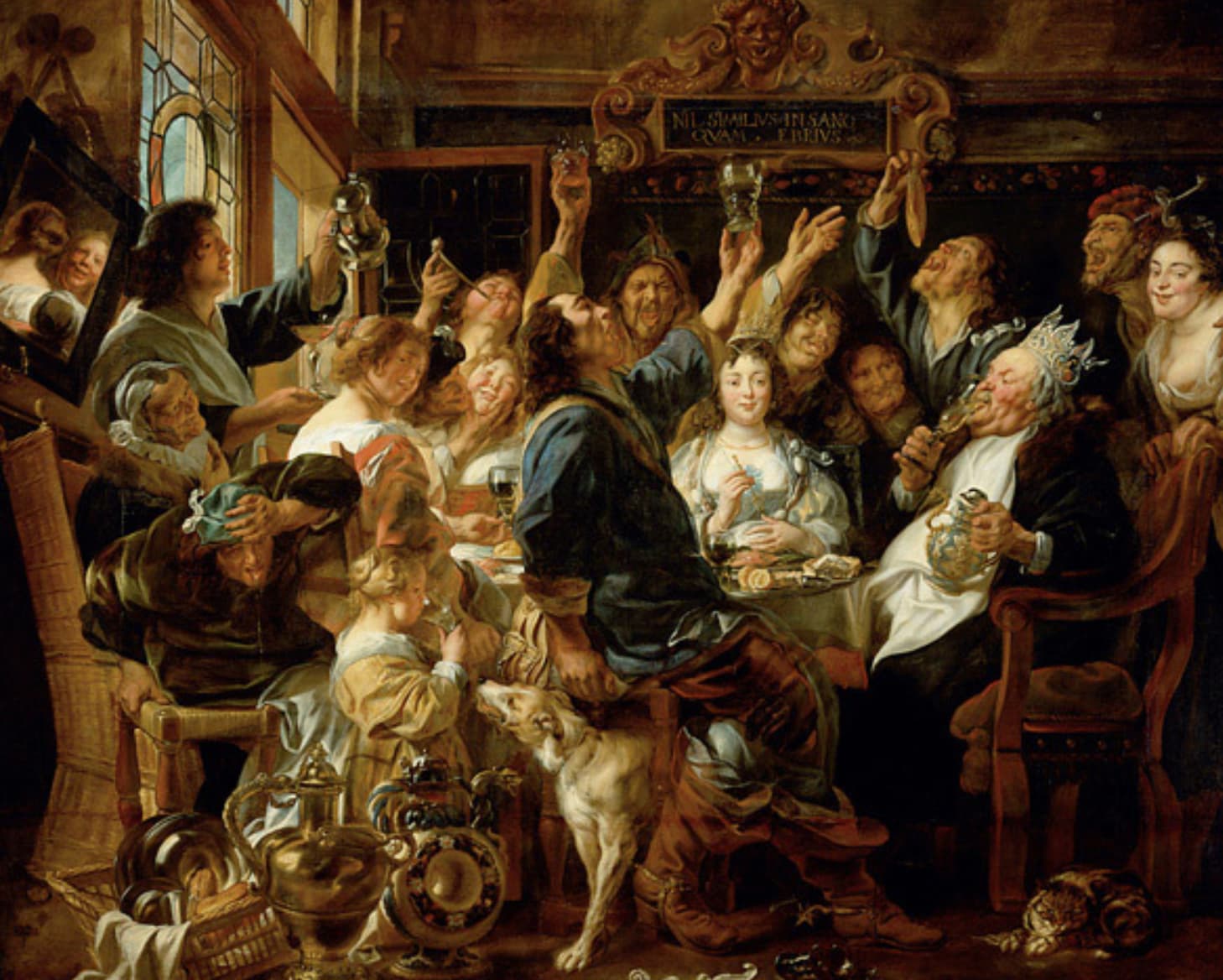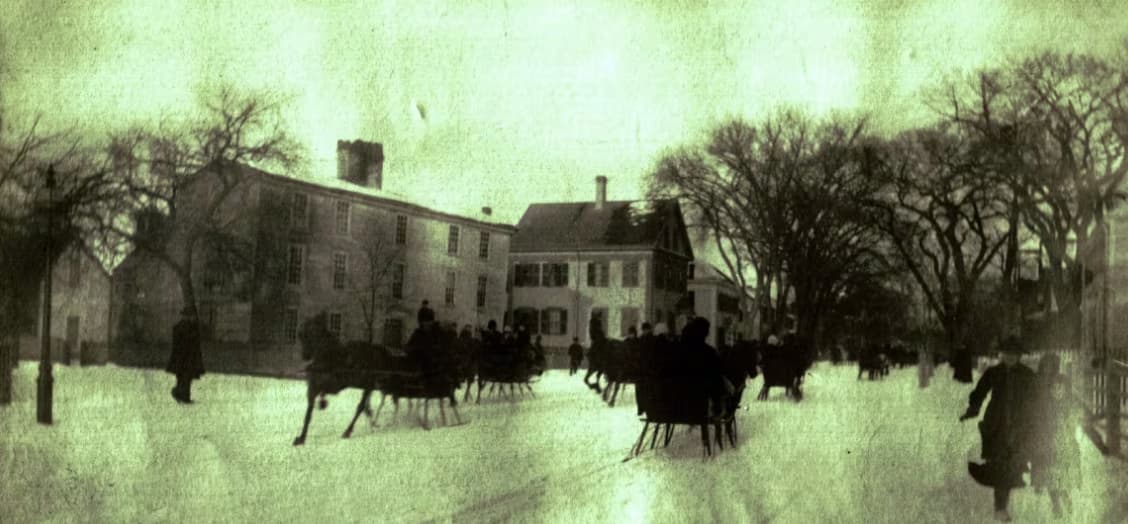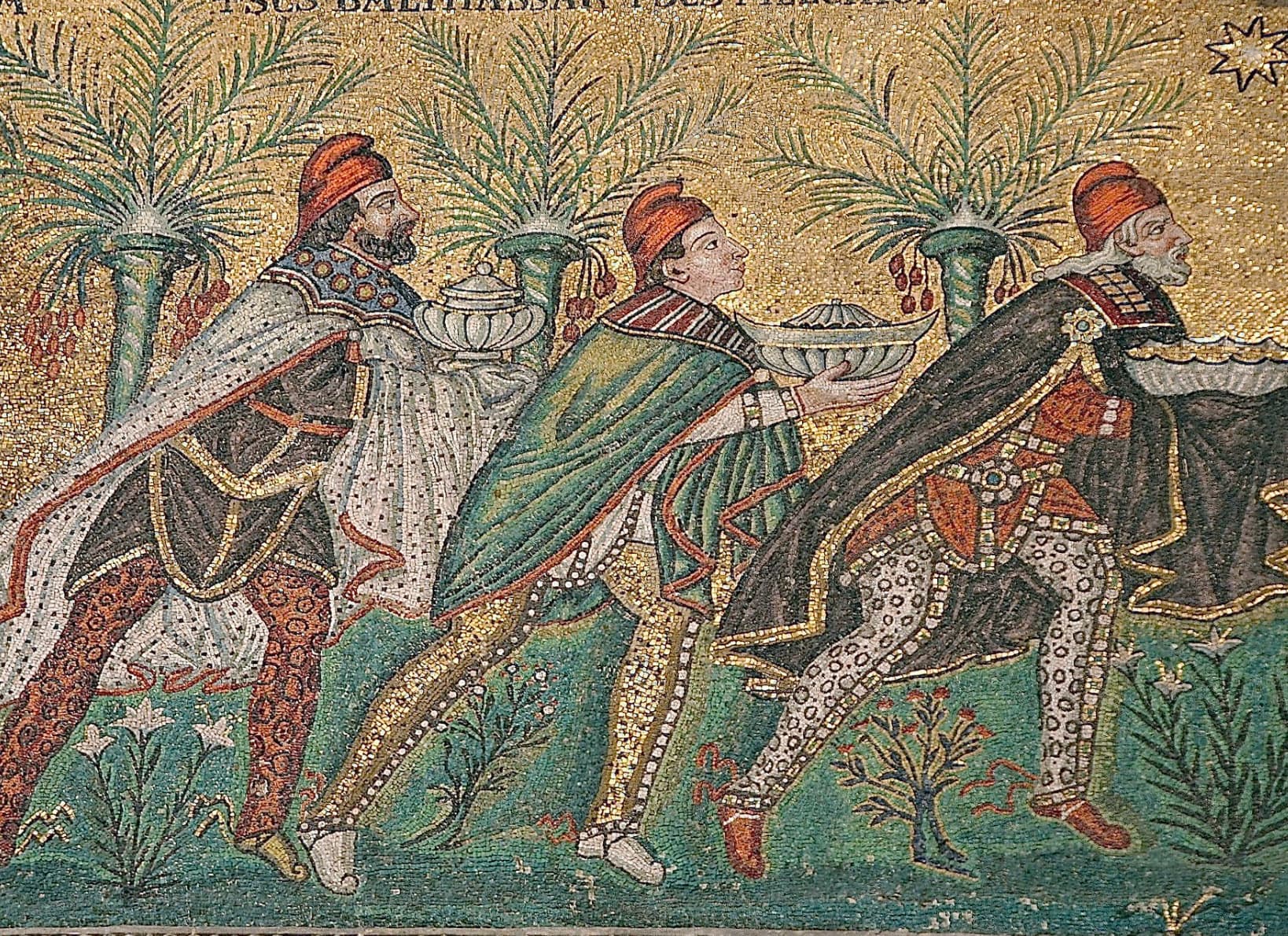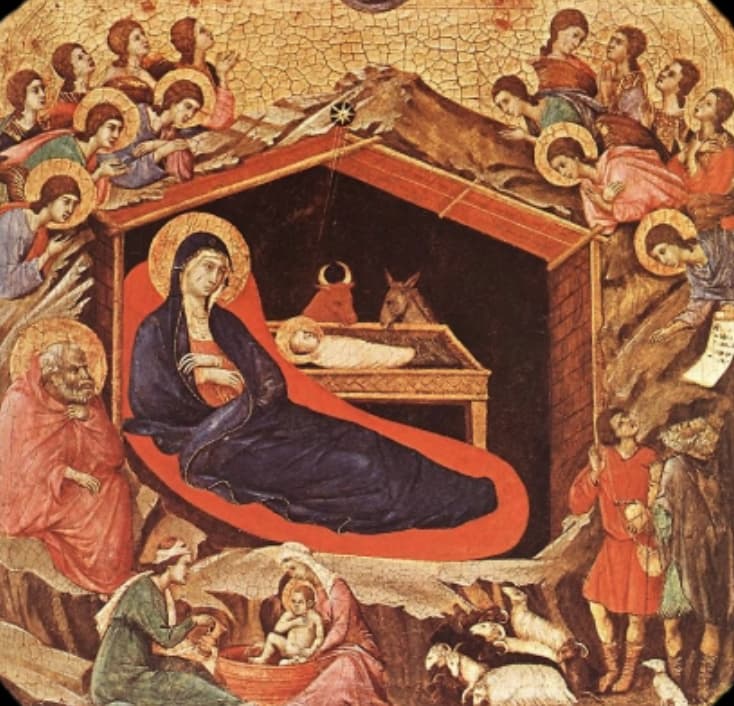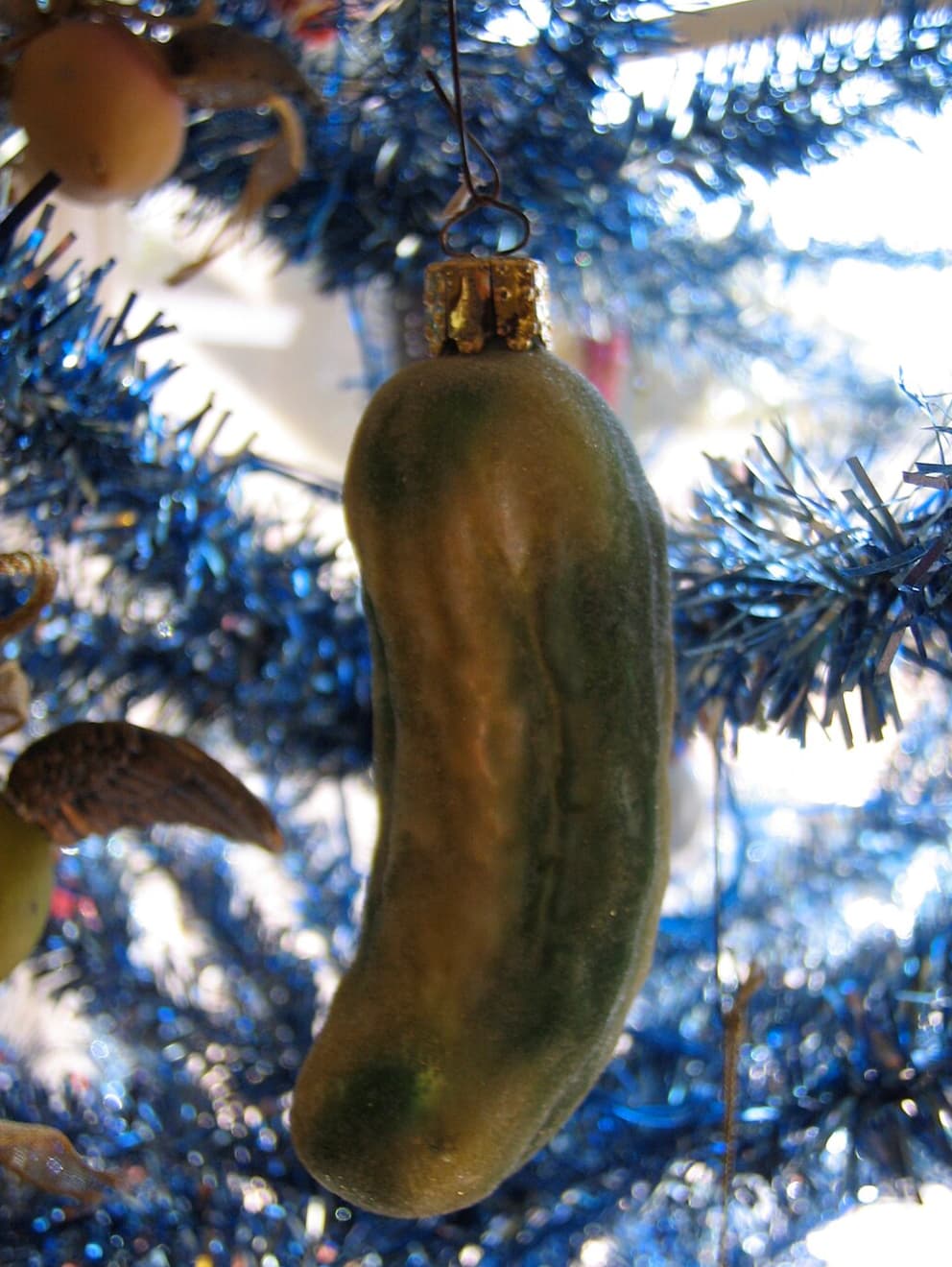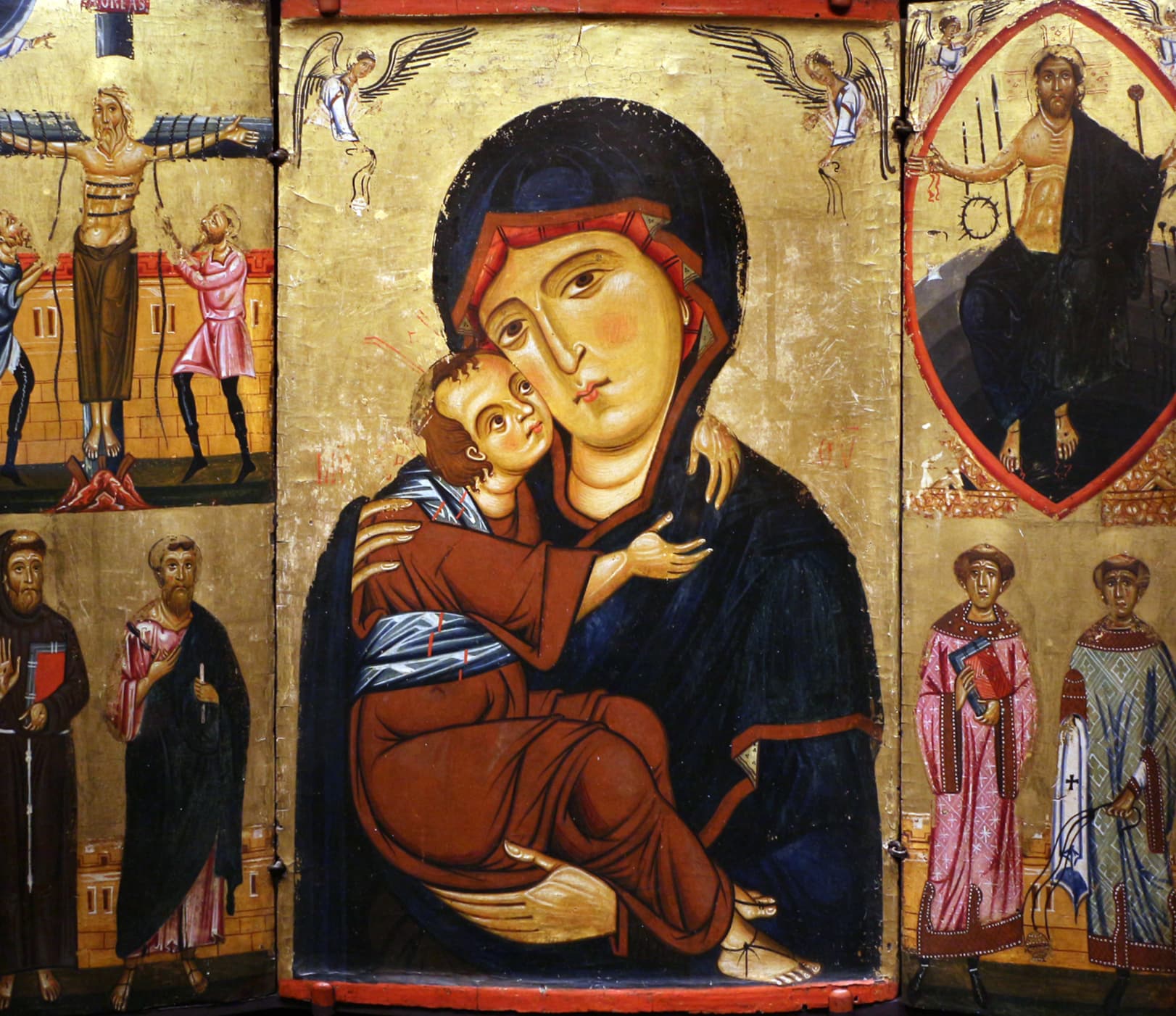12 Myths About Christmas the World Won’t Let Go
Deck the halls with boughs of folly
Published 1 year ago in Wow
Christmas: A celebration that has looked and felt the same year after year since 0 A.D., right? Wrong.
Since the earliest celebrations of the holiday, Christmas has been ever-changing, prompting new traditions and rituals year after year including pickle ornaments, iconic poems, and even Santa Claus as we know him.
From Mardi Gras-like celebrations to the truth about "Jingle Bells," here are 12 myths about Christmas that the world won't let go.
2
‘The Night Before Christmas’ Was Written by Clement Clarke Moore
Published anonymously, the true authorship of this piece is anyone’s guess. Bible scholar Clement Clarke Moore may have alleged he penned the piece, but others claim that poet Henry Livingstone Jr. was responsible for the now-iconic seasonal poem.
4
Jesus Christ’s Birthday was on December 25
Considering that neither religious texts nor historical accounts clearly state Jesus Christ’s birth date or season, his exact birthday is largely considered a mystery among Christians. While some state that mentions of grazing sheep around the time of Christ’s birth would rule out a December birthday, others cite the region’s mild winters and religious protocols around keeping livestock as arguments for a winter birthday.
8
“Jingle Bells” Is About Christmastime
Despite motifs of snowy carriage rides, 'Jingle Bells' was not written in celebration of the Christmas season. It began as a Thanksgiving-themed drinking song written by James Lord Pierpont, who was famously not a nice dude. "He's kind of a j—k, actually,” Boston University literature professor Kyna Hamill told CBC. “He would leave all of the time. He went out west to try to make his way with the gold rush. He went all over the place and left his wife with his father.”
11
Germans Always Put Pickles in their Christmas Trees
“The Weihnachtsgurke [is a] Christmas Pickle tradition of German-Americans. It's a pickle ornament hung on Christmas trees. While claimed to be a tradition from Germany, it's more likely that it was an American invention from the 19th century that has since been exported to Germany.”

